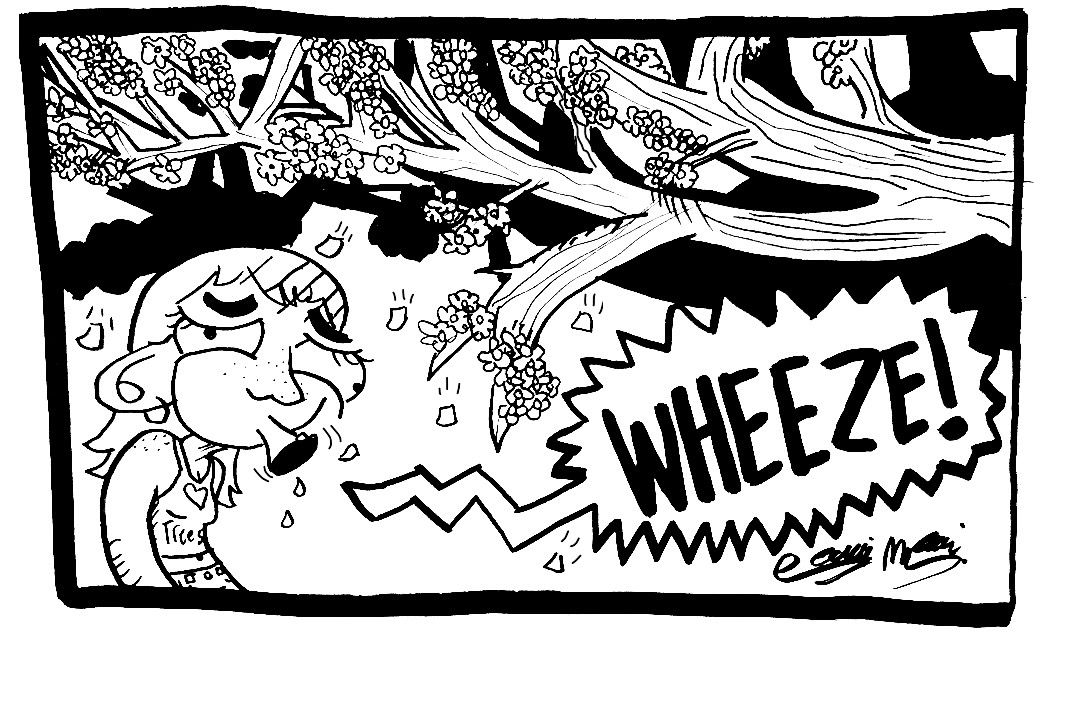The fall semester is nearly here and for the first time since March 2020, Foggy Bottom is filled with students. Between attending classes in an actual classroom, meeting new people and exploring campus, a normal semester is finally within reach.
There’s one key reason why this will be possible: GW’s nearly-airtight vaccine mandate means that almost the entire campus will be vaccinated against COVID-19. In announcing a strong mandate early, the University has made a somewhat normal fall semester possible – and administrators deserve credit.
GW is neither the first nor the only university to mandate COVID-19 vaccine shots for all its students, but the University’s policy had two key strengths: it was announced far in advance of students returning to campus and it was straightforward.
Officials rolled out GW’s requirement less than a month after Rutgers University became the first U.S. university to announce a requirement and well before most of the nearly 700 other colleges that announced similar plans. The requirement was unveiled nearly five months before the start of classes, giving students plenty of time to complete a course of vaccination that can take up to six weeks.
Administrators also kept it simple. Students who prove they are fully vaccinated by the time they come to campus can go to class and use University facilities. Those who do not, cannot. There are limited exceptions, but just about two percent of students have been granted one. Implementing this requirement early on demonstrated a level of decisiveness and a commitment to reopening campus that we should all find encouraging, even if the broader pandemic response has not always been perfect.
Colleges and universities that acted more slowly or implemented less stringent mandates than GW has have been left floundering as the Delta variant complicates returning to campuses. For example, the gargantuan California State University system originally planned to only require vaccinations once the shots’ current emergency use authorization was upgraded to full authorization by the U.S. Food and Drug Administration. But as a new spike in cases threatened the progress that had been made in rolling back the pandemic, Cal State decided to mandate vaccinations after all – but without enough time to get everyone inoculated before classes begin this month. As a result, some students will have to delay starting in-person classes, with many of the system’s 23 campuses adopting different rules than others. This is not the only example of botching the vaccine mandate – plenty of other colleges were forced to flip-flop because of the Delta variant and now risk chaos and infection on campus.
It is also worth taking stock of why a vaccinated campus population is especially important now. Among college-aged Americans, vaccine uptake has consistently lagged behind other groups – leading to an uptick in COVID-19 cases among young people. The Delta variant has also begun to cause some breakthrough cases among vaccinated people – but the unvaccinated still make up the overwhelming majority of new coronavirus infections. The public health community has been unanimously beseeching institutions and municipalities to boost vaccination rates so the Delta variant doesn’t become even more of a problem – and GW is rightly heeding that advice here.
As students and as a GW community, we’re often quick to criticize the University – and it is often merited. But on this one, we should all give credit where credit is due. Students will have a safer and more normal college experience this semester because GW’s mandate was early and strict – administrators got it right, and we should say so.
Andrew Sugrue, a senior majoring in political communication and political science, is the opinions editor.


